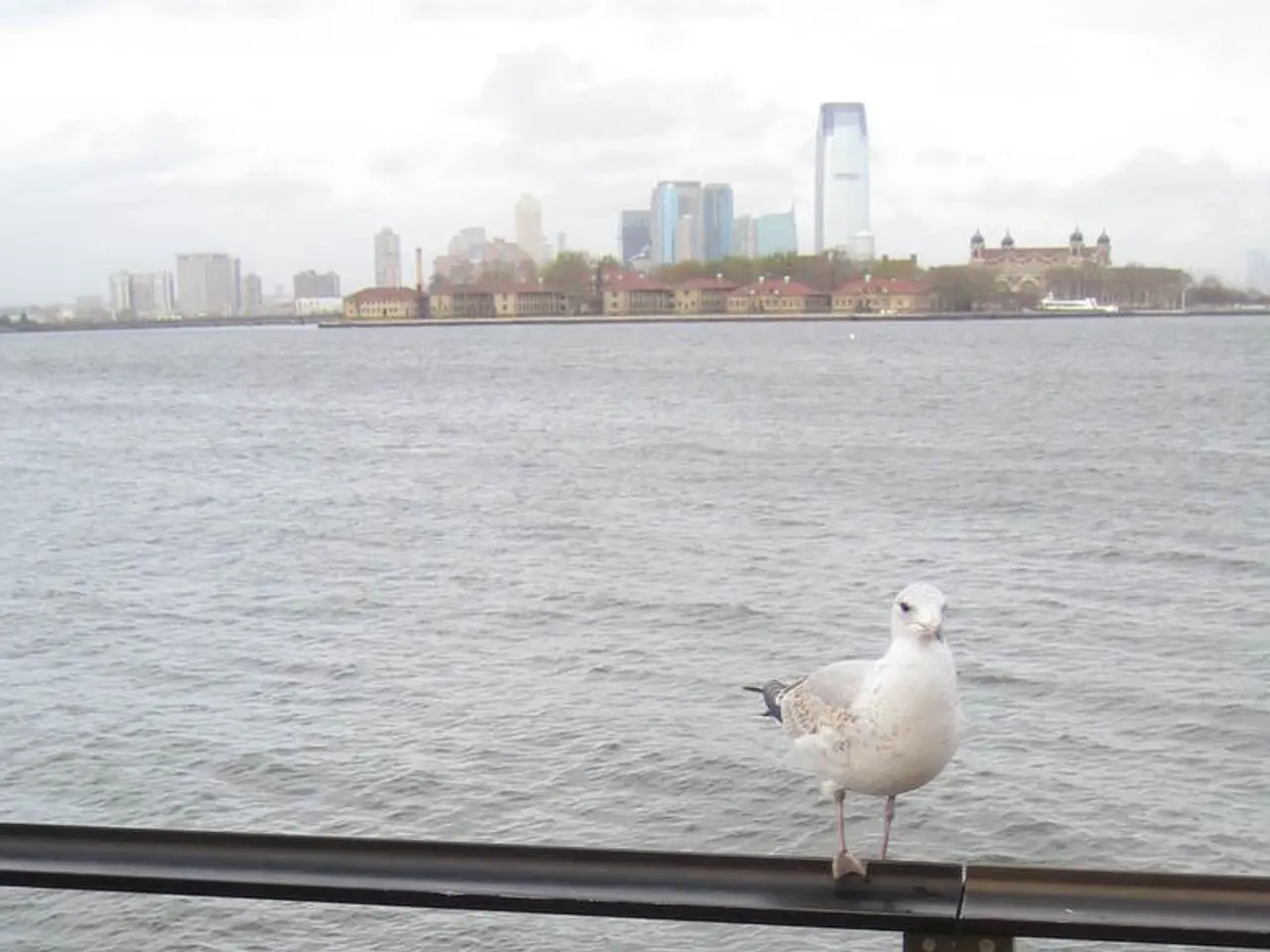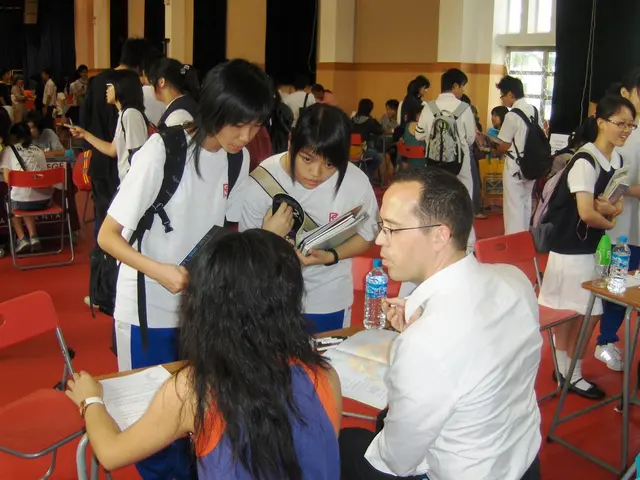Funding reductions impact African anti-poaching initiatives
In recent times, the reduction in US foreign aid, particularly in Africa, has significant implications for anti-poaching efforts and the fight against the illegal wildlife trade. Here are key points to consider:
Impact on Anti-Poaching Efforts
- Financial Constraints: The drastic reduction in US foreign aid means less financial support for conservation initiatives and anti-poaching programs. This reduction can hinder the ability of African countries to effectively protect wildlife reserves and combat poaching activities.
- Operational Challenges: Anti-poaching efforts often rely on international funding to support ranger patrols, intelligence gathering, and community engagement. Reduced funding can lead to decreased effectiveness in these areas, making it more challenging to protect endangered species.
Impact on the Illegal Wildlife Trade
- Increased Vulnerability: With less international support, African countries may struggle to maintain stringent anti-trafficking measures. This could make them more vulnerable to organized crime groups involved in the illicit wildlife trade.
- Corruption and Weak Governance: In places where corruption is rampant, such as Mozambique, the DRC, and Sudan, reduced aid can exacerbate these issues. Efforts to strengthen law enforcement and judiciary systems may be compromised, allowing the illegal wildlife trade to flourish.
- Global Implications: The illegal wildlife trade is a global issue, and reduced US involvement could lead to increased reliance on other international partners. Countries like China, Russia, and Turkey, which are increasingly influential in Africa, may have different priorities regarding wildlife conservation.
Specific Examples
- Rhino Poaching: Despite a decline in poaching rates, rhino populations are still at risk. The reduction in US aid could impact the continuation of conservation efforts necessary for protecting these species.
- Overall Conservation: The withdrawal of US support could lead to increased reliance on other countries or private organizations for conservation funding. However, this shift might not fill the gap left by US aid, potentially leading to further challenges in combating wildlife trafficking.
In summary, the reduction in US foreign aid complicates anti-poaching efforts and the fight against the illegal wildlife trade in Africa by limiting financial resources and exacerbating governance challenges.
Other Developments
- China Evergrande Group, the world's most indebted real estate firm, announced it will be delisted from Hong Kong's stock exchange.
- European and Australian universities are keen to attract US researchers whose funding streams are threatened.
- Russian troops made a sudden breach in eastern Ukraine, in what analysts say is an attempt to pressure Kyiv into giving up land, days before crucial talks between Washington and Moscow.
- The illegal wildlife trade, much of it used for traditional medicine in East Asia, is estimated to be around $23 billion per year.
- The Trump administration is taking an increasingly interventionist stance on US tech exports, with chip giants Nvidia and AMD agreeing to pay the US government 15% of their Chinese revenues to circumvent a ban on sales of high-end semiconductors to China.
- A top cancer specialist left the US and returned to his native China in the wake of President Donald Trump's funding cuts, part of a wider exodus of scientific talent.
- The European Union's top diplomat called for a snap meeting of European foreign ministers ahead of a planned meeting between the Russian and US presidents, stating that any potential deal should have Ukraine and EU involvement.
- Elon Musk said he would take legal action against Apple and OpenAI after accusing the iPhone maker of favoring the AI firm over rivals, including his xAI.
- At least three people have died and thousands have fled their homes as wildfires spread across southern Europe.
- Beijing has been keen to attract diaspora researchers back to China since before Trump's second term, offering financial incentives.
- Mexico's President Claudia Sheinbaum said any US military presence on Mexican soil to combat drug cartels is "absolutely off the table."
- French President Emmanuel Macron states that Trump "clearly" stated that Ukraine would be involved in any territorial negotiations.
- Ukraine's President Volodymyr Zelenskyy says that Trump has expressed support for getting a ceasefire before discussing security guarantees with Moscow.
- A conservationist told the Financial Times that the traffickers are "loving it" due to fewer restrictions.
- China urged domestic companies to avoid buying Nvidia's H20 chips, claiming they are of poor quality and that they may pose security threats.
- The BRICS group of nations has coalesced into a tighter alliance in the face of Washington's tariff threats, despite US President Donald Trump arguing earlier this year that "BRICS is dead."
- The Movement Toward Socialism has ruled Bolivia since 2006, for years benefiting from a commodities boom. However, as state revenues have fallen, the model has become ruinously expensive, with the government spending 4.2% of GDP on subsidies.
- The US cuts to foreign aid have weakened anti-poaching efforts in Africa, leading to an increase in the presence of international crime groups such as Mexican cartels and Chinese triads in the illegal trade.
- The Israeli government has approved a plan to take control of Gaza City, with the potential to deepen the humanitarian crisis in the enclave and bring no closer to achieving its stated goal of eradicating Hamas.
- US inflation held steady in July at 2.7%, falling short of economists' expectations of a slight surge off the back of President Donald Trump's new tariffs.
- The sudden shuttering of USAID has led to a "free-for-all" in the illegal wildlife trade.
- Core inflation data, which excludes volatile food and energy costs, rose to 3.1%, the highest in five months.
- Beijing's exports to the US contracted in July for the fourth straight month, notching a 22% drop from a year earlier.
- The shrinking of a staple loaf of bread in Bolivia highlights the severity of its economic crisis ahead of Sunday's presidential election.
- A cholera outbreak in Sudan threatens the lives of tens of thousands of refugees already enduring one of the world's gravest humanitarian crises, with more than 100,000 cases of the disease registered in the last year.
- The war in Gaza is causing political and cultural unrest in Britain, with 521 people arrested outside Parliament on Saturday for supporting a proscribed group, Palestine Action, in one of the biggest mass arrests in UK history.
- Energy producers are being paid not to produce energy and consumers paid to use it as Europe's grids fail to keep up with the growth of renewable energy systems, with Scottish wind farms being paid to withhold 37% of their potential output in the first half of 2024.
- Trump extended a trade truce with China, stabilizing economic ties between the two superpowers for another 90 days.
- Health and climate funding initiatives have been particularly badly hit.
- Trump hails a 'very good call' with European leaders and Ukraine's Zelenskyy, with the German chancellor stating that Trump "largely shares" Europe's objectives over the war in Ukraine.
- Wildfires are increasing globally as the world warms.
- Evergrande also said liquidators have recovered only $255 million of assets in 18 months, including a Claude Monet painting.
- US President Donald Trump has expanded his search to replace Federal Reserve Chair Jerome Powell, with contenders including St. Louis Fed President James Bullard and former economic adviser to President George W. Bush, Marc Sumerlin.
- Jeronimo Gonzalez is a name mentioned in the article, but without further context, it is not clear what role he plays.
- The reduction in US foreign aid, specifically in the field of education and self-development, could potentially limit access to resources for scientific research and innovation, which might have implications for future advancements in health-and-wellness, technology, and environmental-science.
- Amidst the challenges faced by anti-poaching efforts in Africa, such as financial constraints and operational challenges, investment in lifestyle choices that prioritize eco-friendly products and practices could help reduce demand for illegally poached goods, thereby offering a potential solution in the fight against the illegal wildlife trade.
- With increased attention on the role of US universities in attracting top researchers and the potential exodus of scientific talent, there might be opportunities for other countries to collaborate on innovative projects in the realm of science and technology, furthering advancements in fields like finance, healthcare, and environmental-science.
- As China becomes a major player in Africa, with its growing influence in sectors like infrastructure and natural resources, there exists the potential for Chinese investments to support environmental-science initiatives aimed at preserving biodiversity and combatting climate change in the region.




